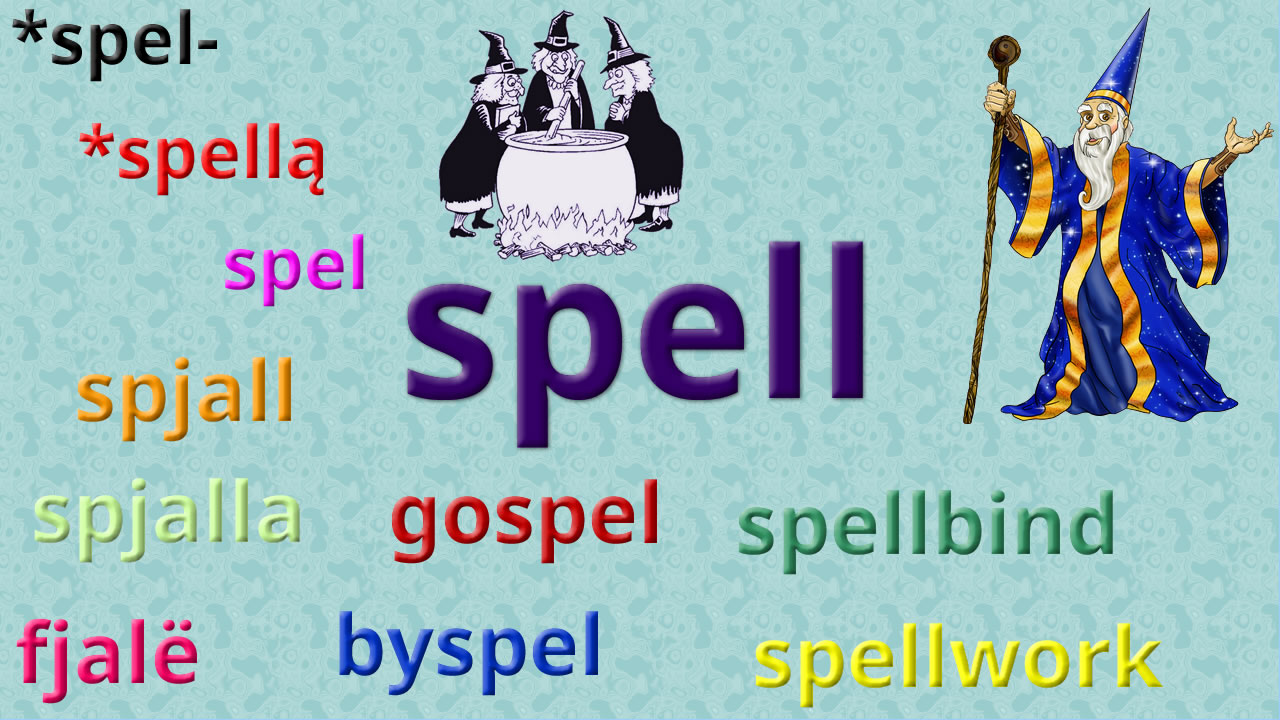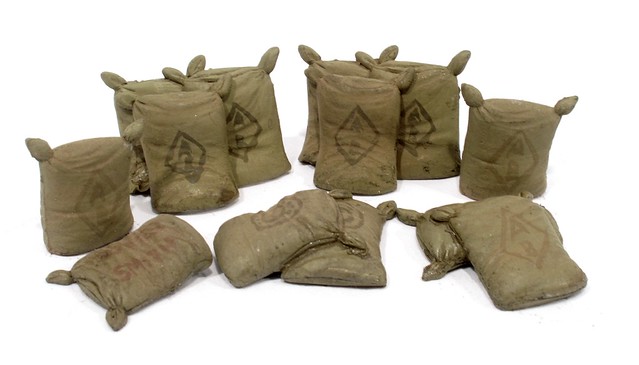Podcast: Play in new window | Download
In this Adventure we are uncovering the origins of the word chemise and related items of clothing.
A chemise [ʃəˈmiːz] is:
- A short nightdress, or similar piece of lingerie
- A woman’s dress that fits loosely
- A wall that lines the face of a bank or earthwork
- A loose shirtlike undergarment, especially for women (historical)
It comes from French chemise (shirt, folder, chemise (wall-enforcing earthwork)), from Old French chemise, from Late Latin camīsia (shirt, nightgown), from Gaulish camisia (shirt), from Frankish *chamithia (shirt) from Proto-Germanic *hamiþiją (shirt), from PIE *ḱam- (to cover, conceal) [source].
Words from the same roots include shimmy in English, chemise (shirt, folder) in French, camisa (shirt) in Spanish, hemd (shirt, undershirt) in Dutch, Hemd (shirt) in German, and komża (surplice) in Polish [source].
The Arabic word قميص (qamīṣ – shirt or robe) was probably borrowed from Latin camisia. It was also borrowed into English as kameez [kəˈmiːz], as in shalwar kameez (a loose shirt worn in some South Asian and Islamic countries), and into various languages in South Asia, via Urdu قَمِیْض (qamīz – shirt) [source].
Here’s a video I made of this information:
Video made with Doodly [afflilate link].
I also write about words, etymology and other language-related topics on the Omniglot Blog, and I explore etymological connections between Celtic languages on the Celtiadur.
You can also listen to this podcast on: Apple Podcasts, Amazon Music, Stitcher, TuneIn, Podchaser, PlayerFM or podtail.
If you would like to support this podcast, you can make a donation via PayPal or Patreon, or contribute to Omniglot in other ways.












